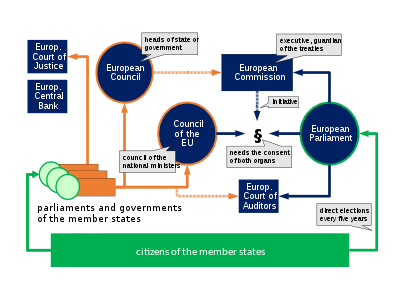Academic Law Writing
PHD Dissertation
- EU Law
- Writing a Master’s Law Essay
- Writing a Master’s Law Dissertation
- What is an LLM?
- UK Legislation of Corporate Crime
- Unconscionable Conduct In Financial Services Of Australian Law
- Canadian Law Of Racial Profiling
- Consumer Protection In Distance Selling
- European Union Legal System
- Doctrine Of Self Defence In International Law
European Union Legal System
The EU legal system is unique; therefore no judicial system can be comparable to it, despite the fact that it borrows elements from many others. The trick to knowing how everything works is to look at it from multiple perspectives rather than attempting to fit it into a national scheme. The EU (at the time, the EEC) was expected to expand and become beyond the trade bloc from the start, which is why the initial Member States decided to hand over portions of their independence to the recently founded “supranational” organizations. Supranational refers to everything that exists outside of a national framework[1].

Fig: European Union Legal System
The concept is used to describe the polar reverse of inter – governmental decision-making, in which decisions are made by agreement and are related to the interests of national governments. When a country joins the EU, it loses the ability to pass legislation in areas delegated by the EU Treaties, such as the Treaty on European Union (TEU) and Treaty on the Functioning of the European Union (TFEU) and their successors to the EU institutions. The Member States devised a new framework that, according to existing case law of the European Union’s Court of Justice, supersedes national law[1].
